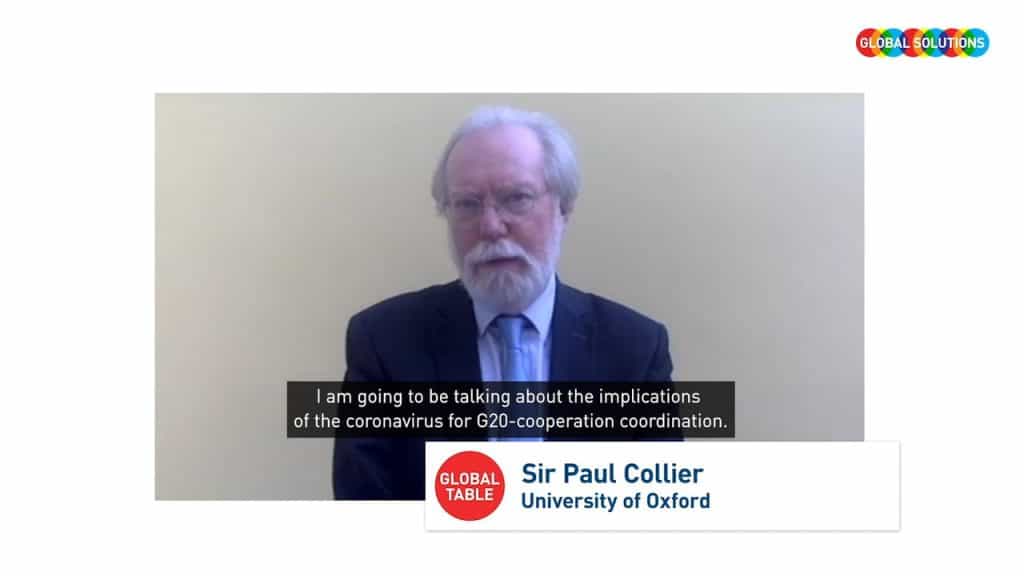Policy Area:
Inequality, Human Capital and Well-being
Inequality, Human Capital and Well-being
Topics:
Social cohesion and the state
Social cohesion and the state
In the context of recent dynamics propelled by globalization and technological developments, the trust in political institutions has diminished in many parts of the world and led to a surge of parties selfportraying as anti-establishment, often promoting nativism and xenophobia. This trend undermines the support for multilateralism and effective global governance and propagates the idea that relationships between nation states are a zero-sum-game. To revitalise multilateralism and global solidarity, the benefits of globalization and international cooperation must be made more visible and more accessible to the general public. The purpose of the session is to discuss the foundations of a social cohesion at the global level; and what the G20 can do to foster social cohesion from the local to the global level. Social cohesion is the capacity of a community to express mutual solidarity and traditionally, social cohesion is considered to be rooted primarily at the national level. How widespread is the notion of global citizenship, and to what extent is it compatible with other notions of citizenship? Could policies such as a global health fund or a global basic income and increased international cooperation on tax matters buttress the idea of global citizenship? How can businesses foster and valorize global citizenship and global solidarity?


